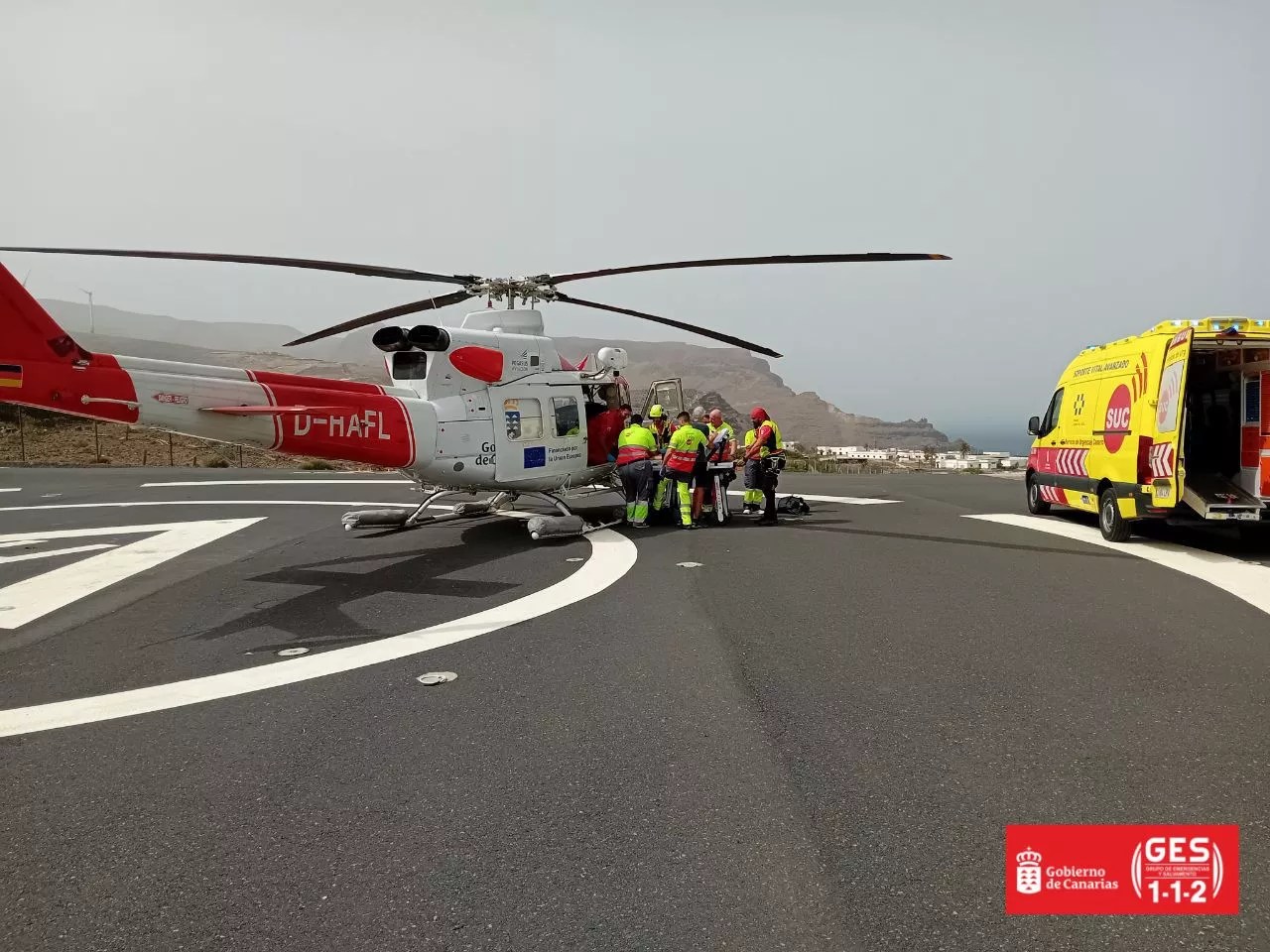
Producers are tired of having to set aside their pickaxe, harvester, and tractor to dedicate time to paperwork, field notebook, and digital certificates. They feel buried under “so much bureaucracy” and demand a simplification of the administrative burden in order to continue their work. “Agricultural and livestock activity is the most regulated and intervened. There are regulations, laws, and rules at all levels of the administration,” says Miguel López, the island secretary in Tenerife for COAG Canarias, who complains about the treatment towards the sector. “They treat us like criminals,” he laments. The controls are constant and the paperwork delivery is “everyday bread”. There are processes that require the submission of over 20 documents.
The correct use of phytosanitary products, hygiene, or animal welfare are just some of the parameters analyzed in the different annual checks. But the administrations also monitor the farms that receive some kind of recognition, such as ecological seals, and those that have been granted aid. “I don’t know how many types of inspections there are, but we had them all last year,” says Natalia Donate, the manager of the company Sat Beig, who acknowledges that there are farmers who “waste a lot of time” fixing paperwork to “meet the requirements imposed by the authorities”.
S. R. M., a 39-year-old young farmer, was forced last year to apply for permanent disability due to worsening health from not being able to rest when his workday ended. “After spending hours on the farm, I would come home and not rest, I had to start fixing documents,” he recalls. Now he remains linked to the sector, helping other young producers to deal with the submission of all the paperwork. The biggest problem he faces? Legal uncertainty. “They change the rules of the game with the subsidy issue, and it becomes very complicated for young people to deal with all that administrative burden,” he criticizes. According to S. R. M., it is essential to have knowledge of the law and understand the “regulatory scale” in order to battle with the civil servants “when they make mistakes”.
Pressure
[–>
The bureaucratic pressure has reached a point where some producers choose not to participate in the procedures to receive subsidies in order to avoid having to constantly deal with paperwork. “They prefer to buy a tractor with their own money than to be delivering documents and justifying every step they take,” says Donate. And it is because farmers face penalties if they do not meet the requirements imposed by the authorities for delivering aid.
According to the COAG representative, the control of public money spending in the sector is excessive. “You can’t have a system based on the idea that we are all criminals; simplification is needed,” he states.
The agricultural engineer, Iosu Arostegui, is dedicated to helping the farms in the Islands carry out the procedures to comply with the regulations and access the subsidies. The expert believes that the problem lies not in the document submission but in the time it takes for the aid to reach the farmers and breeders, who often have to rely on “savings” to continue in the sector. “Some apply for a loan because the money does not arrive until two years after requesting it,” he asserts. The island secretary in Tenerife for COAG claims that “when the authorities want to”, they can speed up the arrival of the aid.
The impact of technology on an ageing sector –62% of farm managers in Canarias are over 55 years old– is another concern for the associations. Not only due to the obligation to submit digitized documents to comply with the checks, but also because of the trend towards digital field notebooks (where all the farm’s activities are recorded). The Minister of Agriculture, Luis Planas, announced last week that the change will be voluntary, but incentives will be established for its implementation. “We understand that young people are expected to have digital knowledge, but the authorities must take into account the age of the producers and that this kind of change cannot happen overnight,” says López. COAG also demands that Europe impose the same control on imports coming from third countries. “We are in favour of protecting consumer health, but the products coming from outside should also play by the same rules,” he insists.
















